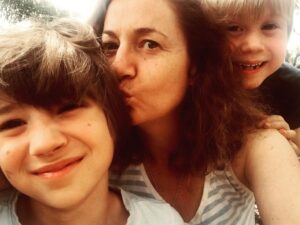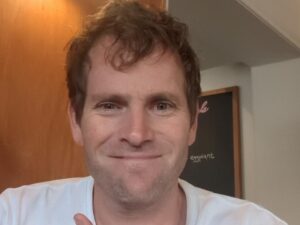July 2024, I presented to the emergency department with a pin in my lower side and thought it may be kidney related. They completed scans and told me I had appendicitis.
When they transferred me to another hospital for surgery, the doctors there noticed a small lump in my bowel and investigated further. I was told I had cancer, and no other information was provided at that time.
After about a month of appointments and seeing my local GP I was referred to a specialist NET Oncologist and he updated me on my outcome. Being only 34 and having 4 children and a wife I provide for made this a very scary and difficult time.
I suffered mentally the most for about 2 months after the initial shock of being told “you have cancer”.
In July 2024 I was diagnosed with Grade 1 neuroendocrine Tumour located in my small intestine, lymph node and spots in my liver
Since then, I have started my monthly injections and have a positive outlook. I am trying to find ways to give back and help promote this foundation and educate more people about neuroendocrine cancer so that more research can be completed and hope that in the near future there is so more options and positive outcomes. I have found that the mental toll it takes was the hardest thing to overcome as I quiet an optimistic person, and it really took me down a dark path of thoughts. I am using my situation to help educate others and help with mental health.
One of the toughest parts of this journey has been the mental toll. As an optimistic person, I was surprised by how much it affected me, taking me down a difficult path and living life under a grey cloud. Now, I’m using my experience to educate others about both the physical and mental health aspects of living with NETs, especially the importance of seeking help when it comes to mental well-being.
In May 2024, the Australian Government held a Senate Inquiry into Rare and Less Common Cancers, including Neuroendocrine Cancer. We are now waiting with great anticipation for the Government’s response and the implementation of the recommendations. To date, they have yet to respond. Senate Recommendation 18 is particularly urgent for me: “The Australian Government should provide appropriate funding to key cancer advocacy organisations supporting patients with rare and less common cancers by providing informative resources and support services that: increase health literacy; empower patients to make informed decisions regarding their health; and are culturally appropriate and accessible in a variety of languages.”
When I was first diagnosed, being able to immediately find NeuroEndocrine Cancer Australia online was a lifeline. My family and I spent hours going through their website, reading the latest, up-to-date information on my condition. Their explainer videos are clear and accessible, and when my children are ready to learn more, those videos will be the perfect resource to help them understand my condition. Each NET patient has a unique experience, and we need more resources regularly updated to reflect that.
Ongoing awareness campaigns are vital, so new patients can find NeuroEndocrine Cancer Australia quickly, and healthcare professionals, as well as the general public, can be educated on the symptoms. Importantly, this service should not be patient-funded—we deserve equitable cancer support like other cancer patients. This would help reduce the anxiety about my future and future treatments.
I urge Health Minister Mark Butler to please respond to the Senate Inquiry and implement Recommendation 18 as a matter of urgency. Supporting NeuroEndocrine Cancer Australia with proper funding will ensure NET patients have access to the resources, education, and mental health support we desperately need. It’s time to take action for those of us living with this little known and under -funded disease.







